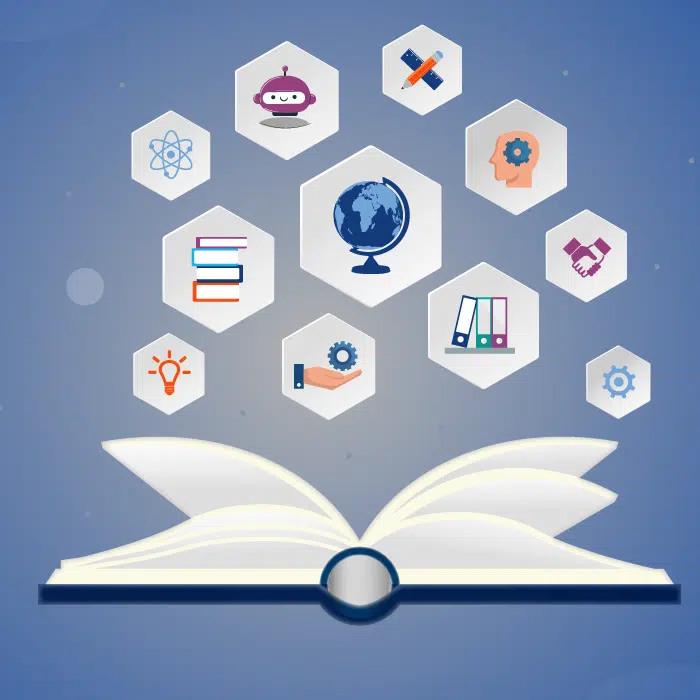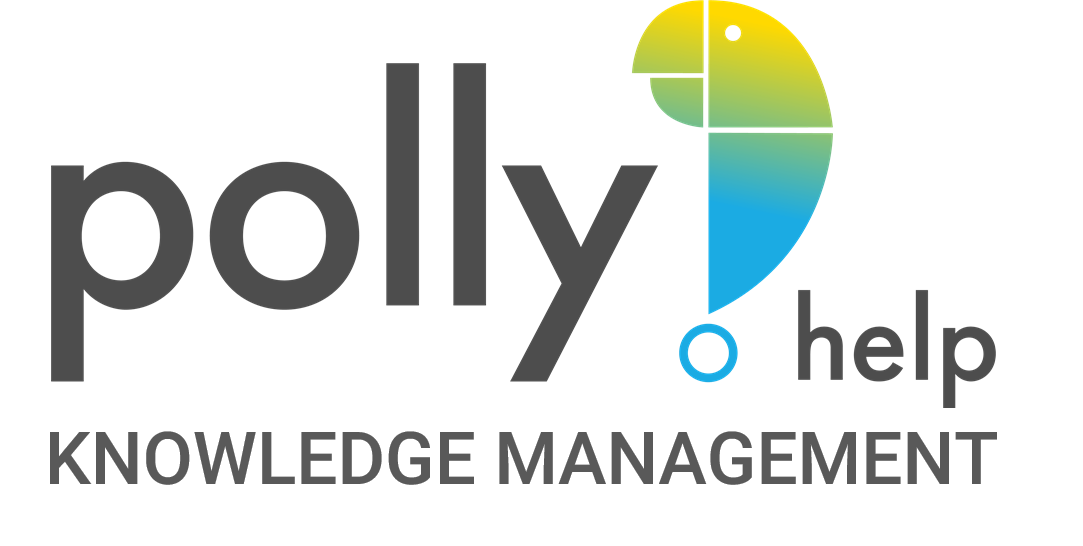Today’s organizations constantly seek efficient systems for data sharing, knowledge cultivation, and productivity enhancement. Microsoft’s knowledge management system plays a crucial role in reshaping information handling. It bolsters efficient collaboration, allowing employees to tap into their company’s collective intelligence. With Microsoft leading, organizational efficiency now heavily relies on effective data and knowledge management.
Microsoft Viva Topics excels by integrating collaborative resources, embedding expertise, and contextual information into employees’ workflows. It tackles the issues of disconnected and uncurated content by organizing and classifying vast enterprise data. Thus, it offers a streamlined and intelligent knowledge management approach, revolutionizing organizational operations from within.
Key Takeaways
- Understanding how Microsoft’s knowledge management system enriches the flow of information and expertise in an organization.
- Exploring how Microsoft Viva Topics can streamline data sharing and improve data governance within corporate structures.
- Identifying the impact of a centralized knowledge platform on organizational efficiency and employee productivity.
- Discovering the role of Microsoft’s tools in anticipating and meeting knowledge needs in real-time.
- Realizing the benefits of an integrative system that simplifies access to classified and crucial business information.
Evolving Corporate Learning with Microsoft’s Knowledge Management System
As digital transformation reshapes workplaces, a powerful Microsoft insider information system becomes essential. Microsoft leads the way, transforming how knowledge is shared and accessed in organizations with their digital platform.
The Transformation of Microsoft’s Learning Culture
Microsoft is redefining corporate learning. By leveraging its knowledge sharing software, it fosters a vibrant and inclusive culture. Centralizing data and expertise allows employees to engage and contribute to a growing organizational knowledge base.
Integration of Microsoft Viva Topics Across Collaborative Platforms
Microsoft Viva Topics is key in the company’s strategy to enhance knowledge discovery and management. Its seamless integration with collaborative platforms gives employees immediate access to vital information. This helps them make informed decisions and collaborate more effectively.
Benefits of a Unified Information Repository
The adoption of a unified information repository has greatly minimized content and information redundancy at Microsoft. Such consolidation leads to a streamlined knowledge curation process. It significantly boosts productivity and enriches learning experiences for employees.
Features of a Unified Information Repository:
- Centralized data storage
- Easy retrieval of up-to-date information
- Integration with daily workflows
- Enhanced collaboration
| Benefit | Impact on Learning Culture |
|---|---|
| Less Duplication | Increases efficiency and resource utilization |
| Comprehensive Content Curation | Ensures relevance and up-to-date knowledge sharing |
| Unified Information Repository | Streamlines access to knowledge across various platforms |
In conclusion, Microsoft Viva Topics’ digital knowledge platform is vital for a connected, informed workforce. It places the company at the leading edge of corporate learning innovation.
Microsoft Viva Topics: A Visionary Approach to Knowledge Management
In the domain of enterprise knowledge, Microsoft Viva Topics marks a pivotal advancement. It leverages artificial intelligence to elevate the functionality and reach of a Microsoft knowledge base. This tool distinguishes itself by making vast corporate data accessible and engaging. It integrates smoothly with everyday applications, enhancing the user experience.
At its core, Microsoft Viva Topics excels in managing Microsoft’s intellectual assets. It utilizes AI to analyze and sort through company knowledge. This results in the creation of topic cards. These cards act as portals, leading to in-depth insights within an employee’s current tasks, making it easier to learn without interruption.
The approach does not just simplify accessing information. It’s crucial in keeping resources current through automated updates to the curated topic pages. It significantly upholds the quality of Microsoft’s intellectual asset management. Thus, it ensures that corporate knowledge is consistently managed and updated.
Microsoft Viva Topics goes beyond content curation. It fosters an environment where every staff member can become a subject matter expert. The system encourages adding and refining content to the Microsoft knowledge base. This collective effort perpetually improves the shared information’s accuracy and relevance.
- Efficient AI-powered categorization of content.
- Dynamic topic cards integrated within employee workflows.
- Automated updates of topic pages for up-to-date information.
- Involvement and expertise sharing across the organization.
Microsoft Viva Topics cultivates a culture where knowledge is openly shared. It leads to enhanced connectivity and collaboration. This underscores Microsoft’s dedication to pioneering in the field of knowledge management.
Leading Product Adoption with Microsoft as Customer Zero
Microsoft takes on the role of Customer Zero to exemplify adoption best practices for its Microsoft knowledge management tools. This approach ensures the systems address real needs effectively, honed from firsthand use within its operations. By deploying internally first, Microsoft tests and perfects its Microsoft expert system robustly.
Real-World Feedback Informing Product Excellence
The success of Microsoft’s adoption strategy hinges on leveraging real-world feedback. This process transforms the Microsoft expert system based on user insights. It shortens the feedback loop, enabling swift improvements by the Microsoft Digital team. Enhancements directly lead to better user experiences, emphasizing productivity and ease.
Cross-Departmental Collaboration for Product Refinement
Microsoft showcases the strength of collaboration in refining the Microsoft knowledge management tools. Developers, IT professionals, and end-users unite to push product advancement. This collaborative culture underscores Microsoft’s dedication to continuous enhancement and excellence.
| Internal Department | Role in Product Refinement | Benefits to Microsoft Expert System |
|---|---|---|
| Microsoft Digital Team | Gathering and implementing feedback | Enhanced real-world application |
| Product Development | Iterative improvements and updates | Innovations driven by direct insights |
| Internal Stakeholders | Cross-functional collaboration | Comprehensive enhancements ensuring broad applicability |
The outcome of these collective endeavors is a continuously evolving Microsoft knowledge management tools framework. It’s crafted to surpass the complex needs of Microsoft’s worldwide operations. It’s not just about system creation—it involves cultivating an environment where the Microsoft expert system flourishes, adapts, and consistently delivers organizational value.
Optimizing Topic Identification and Curation in Microsoft Viva Topics
In effective knowledge management, Microsoft Viva Topics shines through its AI-driven capability for spotlighting relevant topics. This is the core of the Microsoft knowledge management system, leveraging Microsoft Graph to smartly sort vast company data. These AI tools organize information, ensuring valuable content is easy to find and use.
Guided by a taxonomy service, topic experts use AI to filter and arrange topics. This method weeds out non-essential and sensitive information. It’s a dual benefit – experts curate efficiently, and employees find pertinent knowledge readily available. This relevancy boosts usability and ensures secure, proper knowledge sharing within the company.
- The precise identification of topics suited to business contexts and user interactions.
- Efficient curation by experts, who shape and refine the knowledge landscape.
- Exclusion of sensitive data, ensuring a balance between information sharing and security.
This system’s success showcases the innovative use of AI in the Microsoft knowledge management system. It dramatically improves the way users access and interact with organizational expertise.
Cultivating a Culture of Knowledge Sharing and Curation
In today’s world, where information is key, effective knowledge sharing tools are vital for business growth and innovation. Microsoft shows its dedication through their knowledge management system. It aims to enable employees to gather and nurture a shared pool of intelligence.
Empowering Employees through Curator Resources
At the core of Microsoft’s knowledge management system is the role of the topic curator. This role is vital in managing information. Curators have access to tools to promote a dynamic knowledge-sharing atmosphere. We’ll explore Microsoft’s provisions for curators to excel:
- Yammer networks facilitate decentralized discussions, encouraging cross-pollination of ideas and expertise.
- Slide decks provide a visual representation of ideas, making complex data easily digestible.
- Teams messages, which act as real-time channels for the exchange of knowledge among peers.
Encouraging Engagement through Reward and Recognition Systems
Providing the right tools is crucial, but so is recognizing individual efforts in using knowledge sharing software. Microsoft’s recognition approach includes:
| Acknowledgment Program | Description | Impact |
|---|---|---|
| Curator of the Month | An award given to the most active and helpful curator each month. | Highlights exemplary work and establishes role models within the community. |
| Kudos Points | A point system rewarding employees for sharing valuable information. | Fosters a competitive yet collaborative atmosphere that drives content curation. |
| Knowledge Impact Badge | A recognition badge for employees who contribute significantly to the knowledge base. | Offers status and recognition, enhancing motivation to share and curate knowledge. |
By integrating these rewards into daily workflows, Microsoft boosts its knowledge sharing software’s effectiveness. It also shows its commitment to a culture that values and empowers information sharing. Such systems of recognition and support are key to sustaining good knowledge management.
Enhanced Information Discovery with Microsoft Knowledge Management Tools
Microsoft Viva Topics has transformed how organizations manage information. By leveraging knowledge sharing software that integrates into daily workflows, it simplifies access to dispersed bits of knowledge. Its aim is to create a unified Microsoft information repository. This enables employees to tap into organizational wisdom effortlessly. The essence is to shift how we interact with data, making it more fluid and user-centric within the Microsoft knowledge base.
With Microsoft Viva Topics, the integration reaches various Microsoft platforms where access from anywhere becomes crucial. Here’s an overview of the platforms and their roles:
- SharePoint modern pages facilitate contextually rich knowledge curation and sharing.
- A dynamic Yammer ecosystem encourages interactive discussions and collective expertise.
- Microsoft Search integrates holistic search results, drawing on the expansive knowledge base.
- Teams chats are set to incorporate knowledge discovery features, to further bolster communication.
This integration highlights a commitment to fostering a knowledge-driven culture. It is marked by effortless access and the quick use of vital information. Embedding this information directly into everyday tools ensures employees have instant access to important knowledge. This boosts productivity and improves decision-making across the organization.
| Platform | Knowledge Management Tool | Functionality |
|---|---|---|
| SharePoint | Integrated Topic Cards | Injects topic information into content pages for quick reference |
| Yammer | Community Q&A | Facilitates discussions around topics for shared expertise |
| Search | Unified Search Results | Search across all platforms drawing from the Microsoft knowledge base |
| Teams | Knowledge Integration (Forthcoming) | Enables in-chat access to information repositories for enhanced productivity |
The integration across Microsoft’s ecosystem signifies more than just technological advancement. It signals a shift in culture, where knowledge sharing software becomes integral to an employee’s day. This positions Microsoft at the leading edge of collaborative and efficient information management.
Microsoft Knowledge Base: Revolutionizing Customer Service and Support
The Microsoft knowledge base has transformed customer service operations. By integrating Microsoft intellectual assets management, support agents can instantly tap into a comprehensive digital knowledge platform. This development ensures quicker and more accurate responses to customer inquiries.
Efficient information delivery and effective knowledge retrieval are key to outstanding customer service. The following sections detail how Microsoft’s innovations elevate support interactions.
Accelerating Customer Issue Resolution
Speedy resolution of customer issues is fundamental to quality support service. Microsoft leverages its digital knowledge platform to give support agents access to crucial information swiftly. This approach results in quicker issue resolutions. It dramatically boosts customer satisfaction and the efficiency of service desks.
Promoting Consistent Omnichannel Customer Experiences
Microsoft’s extensive knowledge system ensures uniform omnichannel experiences. It doesn’t matter if customers reach out via web chat, email, phone, or social media. They receive the same level of comprehensive support. This consistency is achieved using Microsoft intellectual assets management tools. These tools provide support staff with a unified dashboard and seamless Microsoft knowledge base access.
Deploying Self-Service Solutions for User Empowerment
In our rapidly changing digital world, entities are increasingly leaning on the Microsoft insider information system to provide users with advanced self-service tools. These tools do more than solve user questions—they foster independence and reliance on oneself. This notion is at the heart of the Microsoft expert system. It features intelligent technologies tailored to elevate the user experience. Users utilize these solutions to quickly find answers, eliminating the need for direct intervention.
Advanced search functions in these systems aim to do more than solve issues. They’re about sharing knowledge in ways that feel natural. Highlighted below are several self-service functions powered by the Microsoft expert system:
- Comprehensive FAQs designed to anticipate and meet customer queries.
- Interactive guides and tutorials explaining standard procedures.
- Community forums managed by skilled users connected to the Microsoft insider information system.
- A vast collection of articles, documents, and resources spanning numerous topics.
Organizations incorporating these features into their service frameworks report fewer support requests. This empowers users to confront challenges on their own. Most importantly, it enriches customer relationships by building trust and encouraging autonomy.
| Feature | Impact | User Benefit |
|---|---|---|
| Advanced Search | Reduces resolution time | Quick self-resolution of issues |
| Interactive Tutorials | Decreases learning curve | Upskills users, promoting self-reliance |
| Community Support | Enhances peer-to-peer assistance | Access to diverse expert knowledge |
| Resource Database | Minimizes reliance on support channels | One-stop access to information |
Microsoft expert system‘s broad adoption has enabled companies to engage a more contented and adept user community. The collaboration between artificial intelligence and human inquisitiveness is remarkable, pushing customer satisfaction to unprecedented levels. It is moving organizations towards a future where knowledge equates to both power and empowerment.
Expanding Organizational Growth with Microsoft Knowledge Management Tools
Microsoft knowledge management tools are crucial in today’s dynamic business world. They help organizations manage and utilize their data effectively. This isn’t just about collecting information. It involves creating, updating, and accessing data to boost productivity and strategic advantage.
Streamlining Content Creation with Dynamic Templates
Static content creation is a thing of the past. Now, Microsoft’s system offers dynamic templates, key for personalized content. These templates enable a uniform yet flexible document creation process. They ensure brand consistency and effective communication. This method saves time and strengthens a company’s image with each content piece.
Managing the Knowledge Article Lifecycle for Increased Efficiency
Efficiency goes beyond speed; it encompasses the life of information from start to finish. With Microsoft’s tools, enterprises can oversee their knowledge articles’ lifecycle. They feature automated workflows for review and approval, making sure content is current and meets standards before it’s published. This careful management maintains content relevance and operational efficiency, crucial for growth.
- Automated Content Updates and Version Control
- Easy Access to Relevant Information and Resources
- Integrated Knowledge Sharing Across Departments
- Timely Dissemination of Critical Business Insights
These Microsoft knowledge management tools collectively bolster organizational growth. They ensure employees have the necessary information to excel, driving business success.
Elevating Collaboration and Productivity with Microsoft 365
In today’s dynamic business environment, Microsoft 365 stands as a vital support. It fosters collaboration and boosts productivity. This suite offers key Microsoft knowledge management tools, crucial for modern enterprises. It has features for communication, co-authoring, and workflow automation. These elements are essential for today’s business world.
Microsoft 365 revolutionizes teamwork. It provides a smooth exchange of information within the Microsoft repository. Teams, SharePoint Online, and OneDrive for Business integrate into daily tasks. This allows real-time collaboration. It’s not just about document sharing. It’s about enhancing ideas and executing projects efficiently.
Microsoft 365 excels in merging individual and collective efforts. Through knowledge sharing like Microsoft 365, professionals can merge their expertise. They drive initiatives on a unified platform. This approach saves the countless hours lost to fragmented communications. It also eliminates knowledge silos.
- Communication Tools: Teams video conferencing, group chat, and persistent dialogue threads.
- Co-authoring Features: Simultaneous document editing and real-time feedback in Word, Excel, and PowerPoint.
- Workflow Automation: Streamlined processes with Power Automate and customized workflow creation.
Microsoft 365 boosts productivity with AI-driven insights. It not only recommends relevant documents but also suggests colleagues to connect with. This makes the software a powerhouse for innovation and progress. It turns the Microsoft repository into an engine for growth.
With Microsoft 365’s comprehensive tools, businesses can reach peak productivity. They ensure knowledge is curated, accessible, and shared across the organization. This empowers companies to surpass their collaborative targets. They thrive in a constantly changing work environment.
Conclusion
The Microsoft knowledge management system is revolutionizing organizational efficiency, learning, and collaboration. Tools like Microsoft Viva Topics and Microsoft 365 create an informed workforce. This workforce excels in leveraging Microsoft’s vast knowledge base. The focus on easy information sharing and deep expertise enhances the overall user experience.
This, in turn, dramatically improves how customer service excellence is achieved. In the modern digital era, the Microsoft expert system grows more sophisticated. It’s powered by ongoing AI advancements, aiming to address the needs of various businesses. Microsoft’s commitment to innovation is evident.
It strives to simplify workflows, enrich corporate learning cultures, and upgrade resources for clients. The ultimate goal is to boost productivity, guarantee client satisfaction, and stimulate organizational growth. As competition intensifies globally, integrating Microsoft’s system offers a leaner, more agile business model.
This integration also ensures that both decision-makers and frontline staff have access to timely and pertinent data. Microsoft leads by example, establishing benchmarks with its expert systems. It envisions a future where knowledge empowers and ignites never-before-seen success.
FAQ
What is Microsoft’s approach to improving organizational efficiency through knowledge management?
How has Microsoft transformed its learning culture?
What benefits does a unified information repository offer to a corporate learning environment?
How does Microsoft Viva Topics enhance Microsoft’s intellectual assets management?
What role does real-world feedback play in Microsoft’s product adoption strategy?
How does Microsoft promote cross-departmental collaboration to refine their knowledge management tools?
What is the process for topic identification and curation within Microsoft Viva Topics?
In what ways are employees empowered to share and curate knowledge using Microsoft’s system?
How has the Microsoft knowledge base revolutionized customer service?
What self-service solutions does Microsoft provide for user empowerment and satisfaction?
How do Microsoft knowledge management tools support organizational growth?
What are Microsoft 365’s capabilities in terms of enhancing workplace collaboration and productivity?
Source Links
- https://www.microsoft.com/insidetrack/blog/fueling-microsofts-knowledge-sharing-culture-with-microsoft-viva-topics/
- https://www.linkedin.com/pulse/how-organizations-leverage-microsoft-365-enhance-mervyn-silva-mwqde
- https://pollyhelp.com/microsofts-suite-of-knowledge-management-tools-for-business-efficiency/






